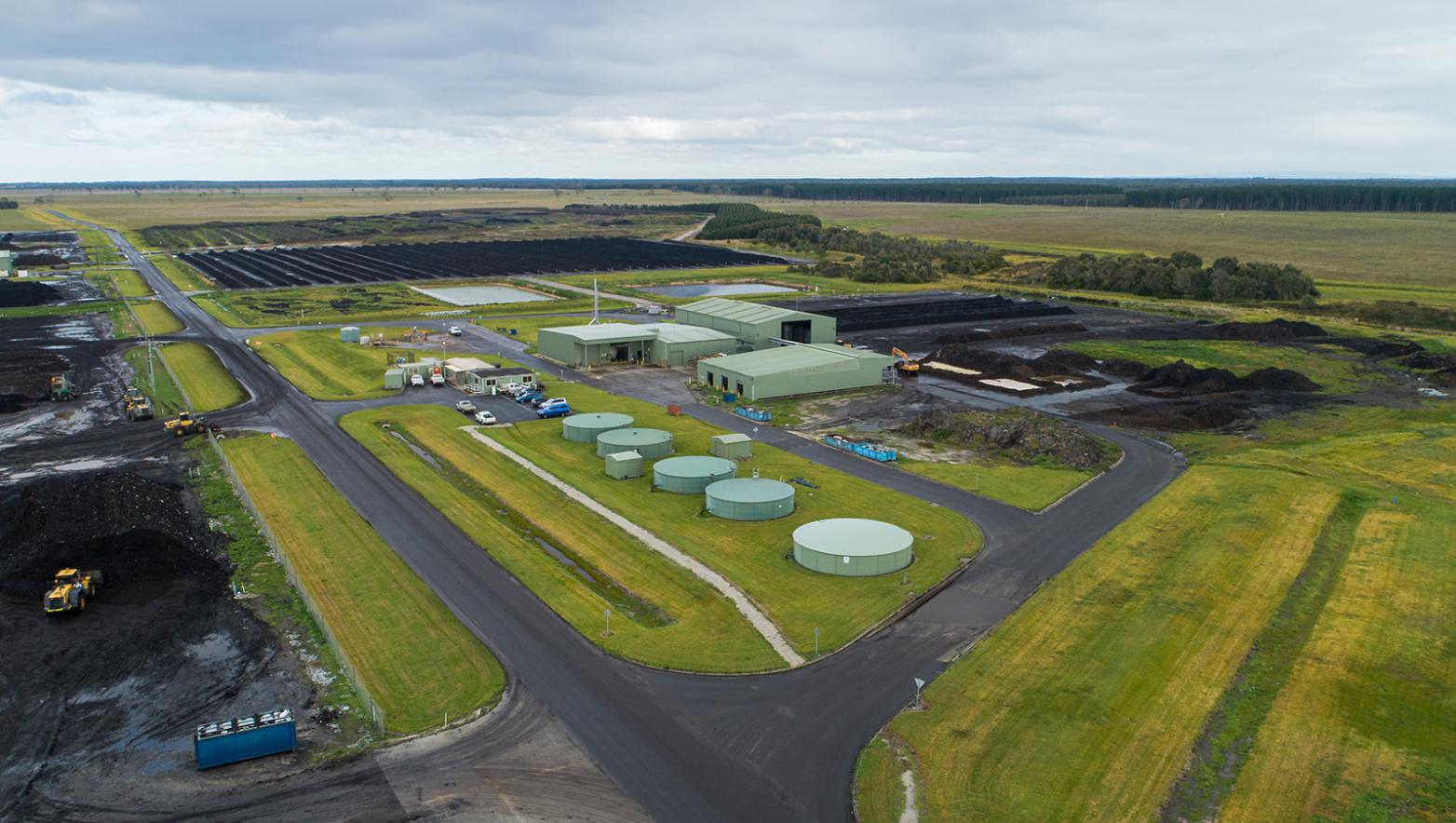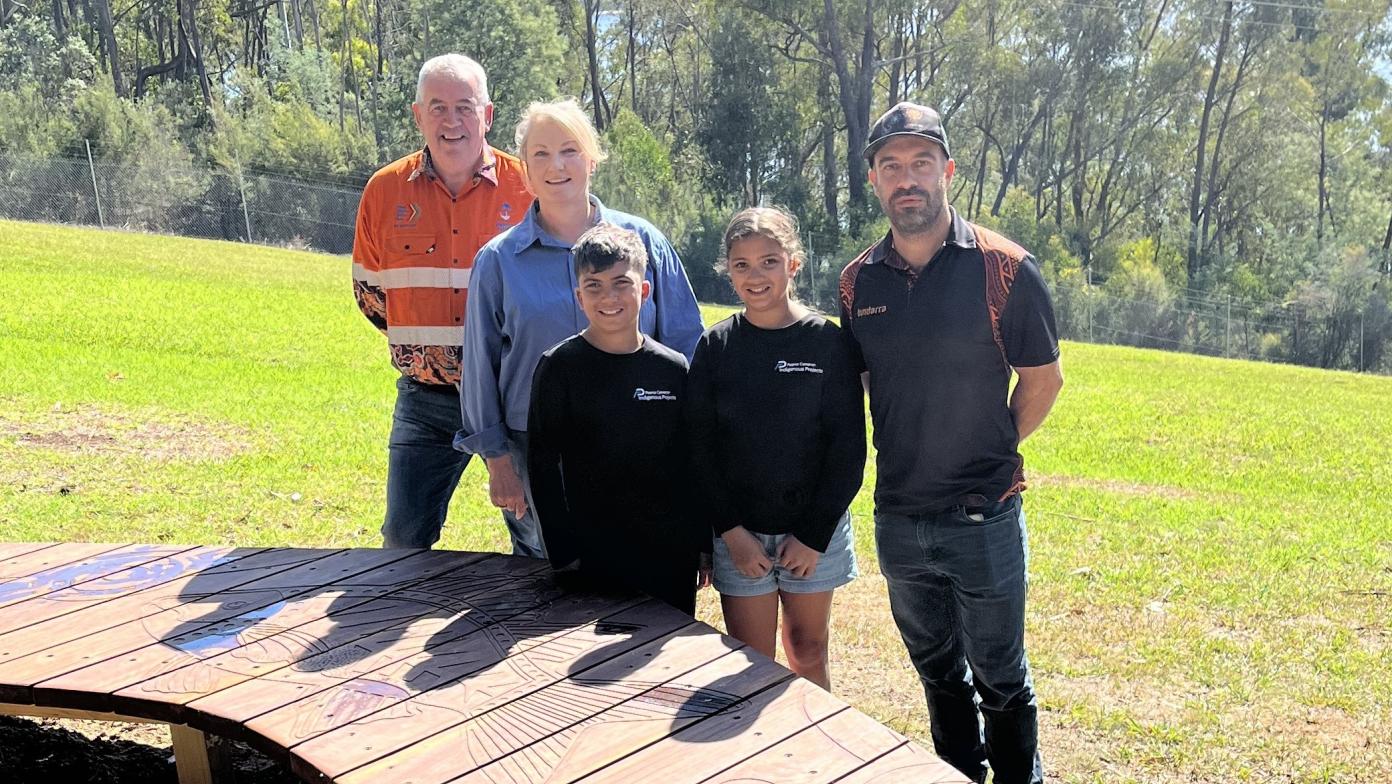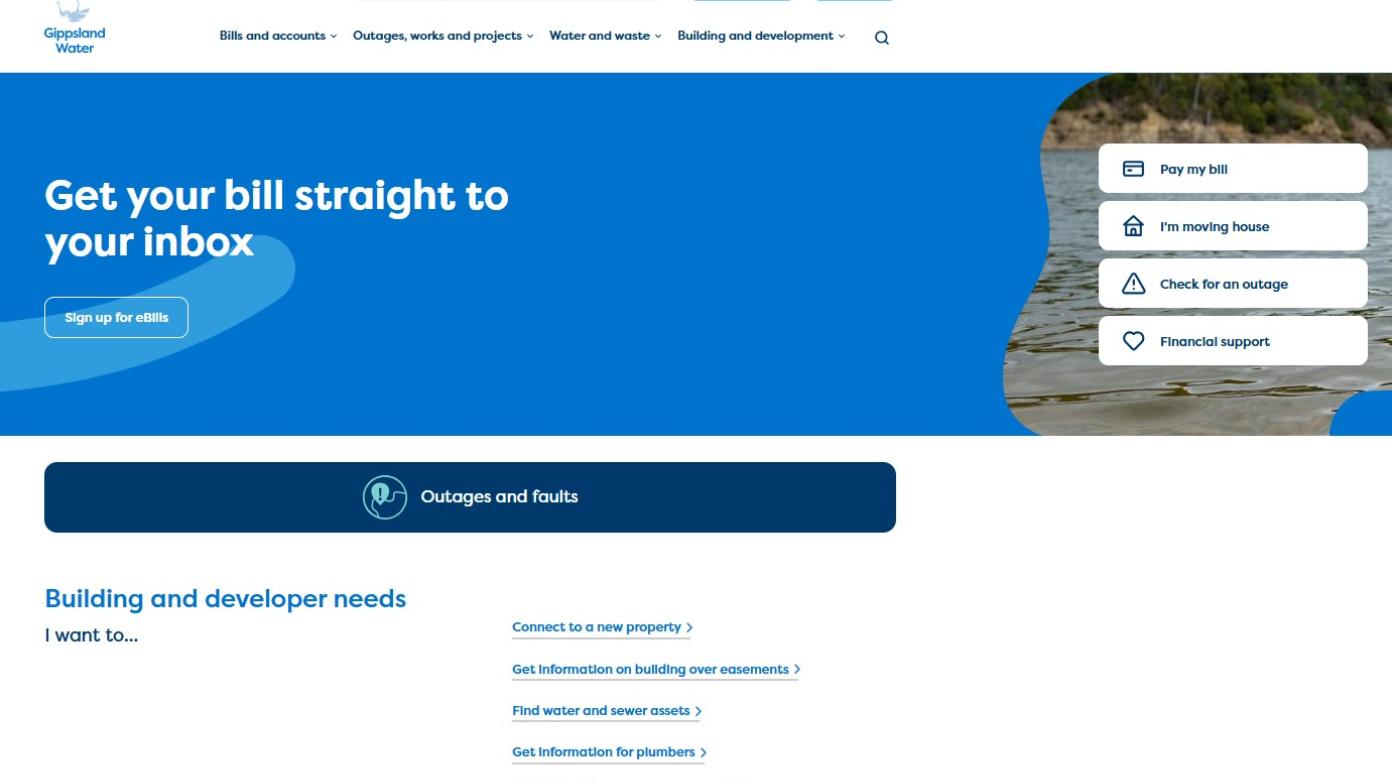Organics recycling facility upgrade brings new jobs to Gippsland

Gippsland Water’s organics recycling facility at Dutson Downs is set to undergo a major expansion, creating up to eight new ongoing jobs.
Acting managing director Simon Aquilina announced the expansion plans last week after confirming State and Federal Government funding had been secured.
“Gippsland Regional Organics (GRO) is one of the largest organic waste recycling facilities in the state, producing over 50,000 tonnes of AS4454 certified high quality compost each year and employing 21 people.
“This expansion will enable us to increase our processing capacity by 70,000 tonnes per year, supporting 33 jobs during construction as well as up to eight new ongoing positions.
“It will also help to reduce emissions by diverting organic materials away from landfill and provide beneficial products for local agriculture,” Mr Aquilina said.
Works will include water and power supply upgrades, expansion of processing areas and stormwater improvements.
“In addition to increasing our current processing capacity, these works will position us to be able to set up a new Food Organics and Garden Organics (FOGO) collection facility and broaden our intake,” Mr Aquilina said.
Mr Aquilina said demand for organic recycling capabilities had skyrocketed in recent years, with all levels of government and the private sector looking to extract greater value from organic materials.
“Our GRO business is at capacity and we’re reluctantly having to turn good materials away. These upgrades will enable us to service unmet market demand and keep the value of our organic materials here in Gippsland.”
The expansion will be funded by Gippsland Water and a co-contribution of $4.788 million from the Victoria Government’s Circular Economy Organics Sector Transformation Fund and the Commonwealth Government’s Food Waste for Healthy Soils Fund.
GRO was originally set up as the Soil and Organics Recycling Facility in 2008 to negate the cost of disposing of biosolids from Gippsland Water’s wastewater treatment plants, saving its customers around $2-3 million a year.


